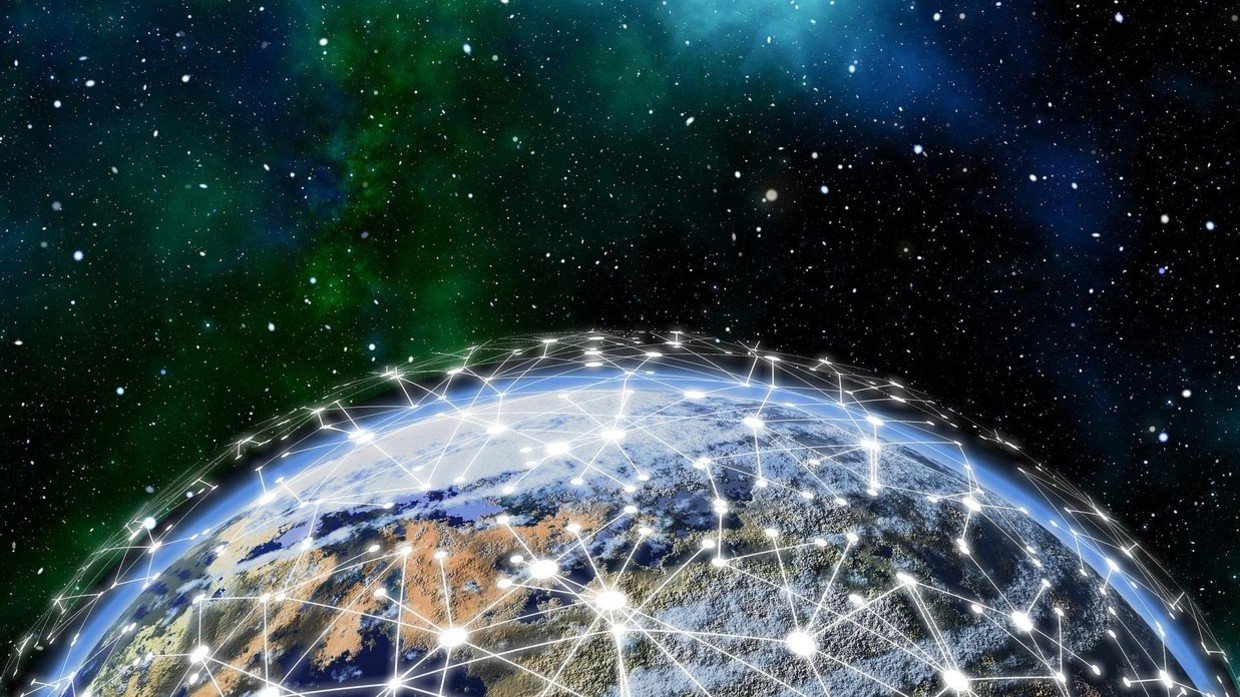The final stretch of a cross-border fiber optic cable is set to be laid by China in Pakistan to create the Digital Silk Road (DSR), Nikkei Asia reports. The DSR is part of the broader Chinese Belt and Road Initiative (BRI).
The fiber cable will link to the Pakistan East Africa Connecting Europe (PEACE) submarine cable in the Arabian Sea, to service countries participating in BRI, and Europe. It is currently being laid between Pakistan’s Rawalpindi city and the port cities of Karachi and Gwadar. The $240-million project, which is in partnership with China's Huawei Technologies, was approved by the government last week.
The laying of sea cable in Pakistan's territorial waters will begin in March, following government approval this month for Cybernet, a local internet service provider, to construct an Arabian Sea landing station in Karachi.
The Mediterranean section of the cable is already being laid, and runs from Egypt to France. The 15,000 kilometer-long cable is expected to go into service later this year.
Also on rt.com Silk Road trade on track: Freight train sets off from China to Russia, drastically cutting travel timeThe PEACE cable will provide the shortest direct internet route between participating countries, and will drastically reduce internet data transfer speeds. It is expected to help reduce Pakistan's exposure to internet outages from damaged submarine cables by providing an additional route for internet connectivity.
According to Eyck Freymann, author of ‘One Belt One Road: Chinese Power Meets the World,’ the BRI is evolving to place less emphasis on traditional heavy infrastructure, and more on high-tech cooperation and digital services.
He told Nikkei Asia that "Beijing wants to dominate the physical infrastructure underlying global communications, particularly the internet,” adding: "This will give it an advantage in internationalizing its tech sector and pursuing future tech-related deals with partner countries."
The ambitious multi-trillion-dollar BRI initiative (or the new Silk Road), announced by Chinese President Xi Jinping in 2013, aims to boost connectivity and cooperation between East Asia, Europe, and East Africa. It is expected to significantly boost global trade, cutting trading costs in half for the countries involved, according to expert estimates.
For more stories on economy & finance visit RT's business section

